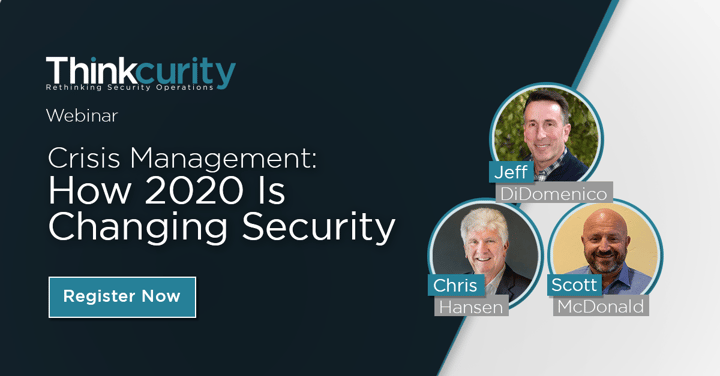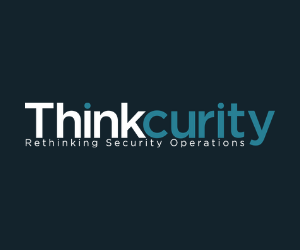If 2020 has taught the world anything so far, it is to be better prepared for crisis. The good news is that some situations are starting to look up.
Every state in the US has started to open its economy back up in one way or another. But that doesn’t mean they are “back to normal” - a phrase being used more now than ever. In fact, it’s pretty clear now that there is no possibility of going back to normal.
As we prepare for what comes at us in the future, a lot can be learned by looking at what has already happened. The physical security industry has gone through a lot of changes since the beginning of 2020.
So what has changed for contract security companies, and how can you - as a business owner - learn from those changes to better prepare your operation for the future? This year has caused security service providers to change in 4 big ways:
- Field Operations
- Specific Security Services
- Client Relations
- Innovation
Much of the information in this article is pulled from our recent security covid-19 response webinar between security business owners and industry experts about how they have responded to COVID-19 and other crisis situations this year.
On June 24, Thinkcurity hosted a similar conversation with security company owners and how they have started to change the way they do business in response to these unprecedented times.
Field Operations
There are many aspects of physical security operations that look different than they did even just 6 months ago. These are the 3 most important areas to consider moving forward.
Personal Protective Equipment
“Personal protective equipment” (PPE) has become a household term. The physical security industry had more experience with PPE before COVID-19, but many operations have needed to require different forms of it in the past few months.
Gloves, long sleeves, and eye protection have all been used by security officers to help prevent the spread of Coronavirus. But nothing has been talked more about than masks.
The CDC has recommended mask wearing for the general public, whether or not the masks are medical grade. The real question is, how long will that be the case?
Some think that mask-wearing around the world could become more normal long-term like it is in some Asian countries. The best thing you can do for your operation is to stay informed about health and safety recommendations and always air on the side of caution.
Interaction with the Public
If you offer security services for any customer-facing business, you have experience dealing with the public. But many security companies are being asked to enforce protocol in unprecedented ways. These are some of the most common:
- Temperature checks
- Mask-wearing enforcement
- Entrance/exit point monitoring
- Social distancing enforcement
What role security should play in these procedures isn’t clear. This video talks about some of the potential insurance and liability issues associated with performing some of these tasks.
Don’t perform any tasks that you don’t feel comfortable with and make sure to always discuss with both your security officers and your clients exactly what services you are comfortable providing.
Reporting
There has been a huge increase in uncertainty over the last few months. One of the roles of security services, pandemic or not, is to provide peace of mind to a client that their property and personnel are safe.
High-quality reporting helps give clients that peace of mind by seeing any potential issues or threats happening at their business. Plus, having well-documented historic reports can help you and your client decide which services are vital in times where a bad economy means cutbacks.
Specific Security Services
2020 has established new trends, reinforced existing ones, and taught some lessons about what specific security services a company should offer.
For one, mobile patrols have become more popular. An officer on patrol encourages social distancing and can also be a cost-effective alternative for a security client who needs to keep spending to a minimum.
That’s great in direct response to COVID-19, but increasing mobile patrolling could be better long-term as well. Especially if you already offer mobile patrol services, you can reduce costs and increase contracts by having fewer officers cover more ground faster.
Even if you don’t currently offer patrol services, it is something worth considering down the road.
Remote guarding services were already becoming popular in the private security industry. Like mobile patrols, remote guarding has become even more desirable because it limits human-to-human contact.
The good news is that including remote guarding as a security service has become easier, cheaper, and more effective recently due to better technology.
The negative economic impact of COVID-19 showed pretty clearly that no industry is invincible. The hospitality and travel industries were probably the hardest hit. That doesn’t mean they will be hardest hit the next time there is economic instability.
The biggest lesson learned: winning security contracts in a wide range of industries. You have a better chance of increasing stability in your operation in uncertain times - no matter the cause.
Client Relations
Many business owners have had to face the harsh reality that their profit might decrease to an unsustainable level. When times are tough, having people you can rely on is good for a number of reasons.
Security companies have been working with their clients to come up with alternative forms of payment - credit cards, payment plans, discounts, etc. - to lend a helping hand. As a result, they are becoming a trusted partner for those clients which can positively impact your business.
Beyond transactional conversations, partnership with clients has other benefits. Sitting down with them to work out better response plans and service offerings for the future can make them feel important and allow you to provide the best security services possible.
Innovation
The world hasn’t seen a pandemic of this scale in 100 years, but the widespread change that has happened as a result is nothing new. In some ways, these times are not unprecedented.
There have been countless times where the entire world changed through innovation. Cars, planes, digital cameras, the internet, social media, and online streaming platforms have all changed the way humans operate.
The physical security industry is not immune to these changes. 30 years ago, there was no such thing as guard management software. Now, it’s a necessity.
Technology is becoming more and more integrated into the world every day. In physical security, that looks like smartphones, AI cameras, drones, and more. Staying on top of trends is crucial to staying relevant as a security service provider.
If you want the latest on what is happening in the physical security industry and what you can do to rethink your security operations, Thinkcurity is the place to be. Sign up for our newsletter so you never miss out on what’s changing in security.
And don’t forget to watch our Crisis Management: How 2020 is Changing Security webinar!




